Sai Ram Traders
Popular Products
FRP Raw Materials
Sai Ram Traders, Bengaluru offer wide range of FRP Raw Materials. FRP (Fiber-Reinforced Polymer) Raw Materials consist of a polymer matrix and reinforcing fibers. The most common fibers are glass (in fibreglass), carbon, and aramid, while the polymer is usually epoxy, vinyl ester, or polyester. Other fibers like basalt, or even paper, wood, boron, or asbestos, have been used in rare cases. Different types of FRP Raw Materials products which includes - Resins, Chopped Strand Matt, Catalyst, Accelerators, FRP Brush, Vinyl Ester Resin, Chalk Powder, Pigments and more.
Elaboration
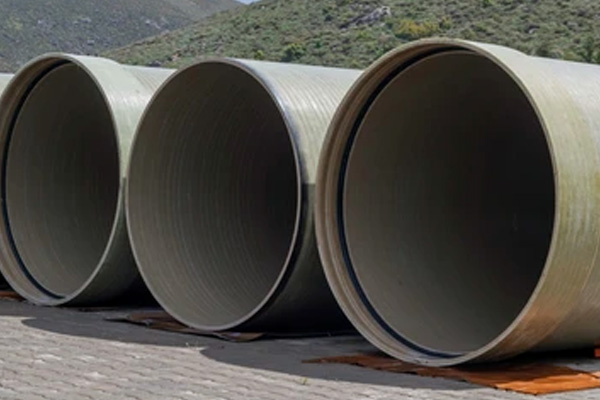
Fibers: These provide the strength and stiffness to the composite material. Commonly used fibers include:
Glass fibers: A widely used and cost-effective option, often found in fiberglass. Carbon fibers: Known for their high strength-to-weight ratio, making them ideal for high-performance applications like aerospace and automotive. Aramid fibers: Like Kevlar, these fibers are known for their strength and resistance to heat, making them suitable for ballistic armor and other protective applications Basalt fibers: A more sustainable alternative to glass fibers, offering a good balance of strength and cost.
Polymer Matrix: This acts as a binder, holding the fibers together and transferring stresses to the reinforcement.
Thermoset resins: These are commonly used in FRP, with epoxy, vinyl ester, and polyester being popular choices. Other polymers: While less common, thermoplastic polymers can also be used in some FRP applications, according to a study on ResearchGate.
Other components: Depending on the application and desired properties, other materials may be added to the FRP, such as:
Additives: These can be used to modify the properties of the final product, for example, silica or rubber can be added to carbon fiber reinforced polymers. Pigments: Used to color the FRP material. Fillers: To enhance the material's properties or reduce cost.
FRP Raw Materials, primarily fibers and resin, possess key features including high strength-to-weight ratio, corrosion resistance, and customizable properties. These materials offer advantages like ease of fabrication and the ability to be tailored to specific applications, making them a strong contender for various applications, especially in industries requiring lightweight and durable materials.
Other Key Features:
FRP Raw Material Products Range
FRP Raw Material Products Range which includes - Resins, Chopped Strand Matt, Catalyst, Accelerators, FRP Brush, Vinyl Ester Resin, Chalk Powder, Pigments and more.
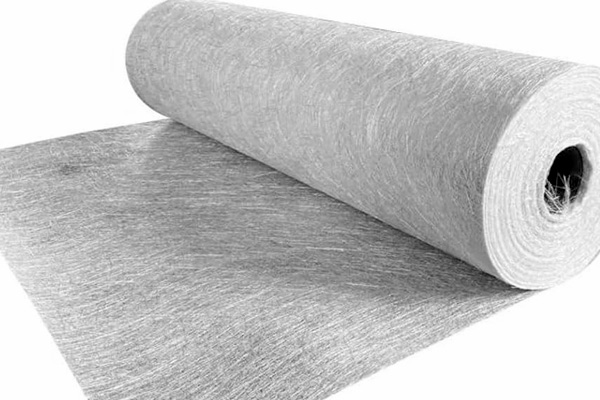
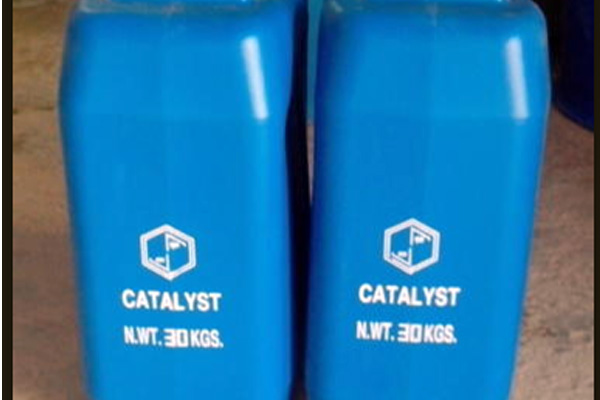
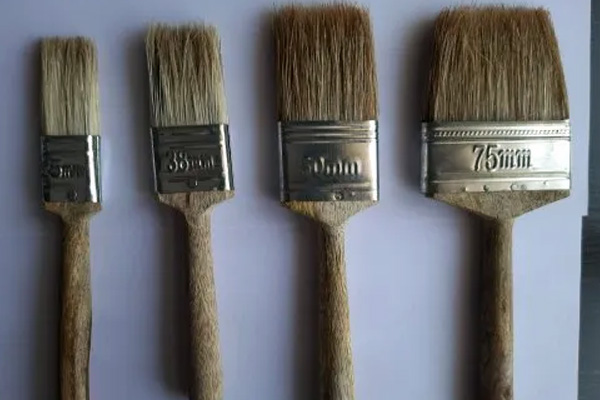
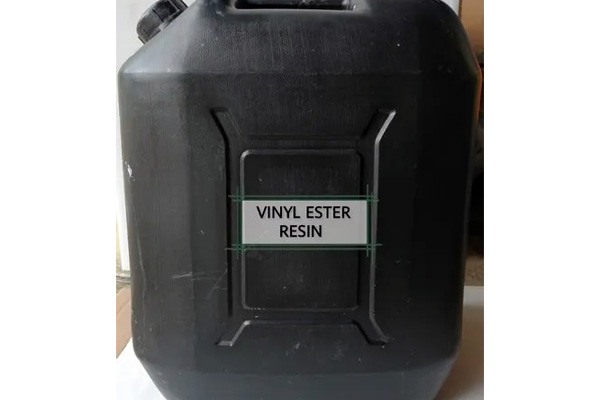
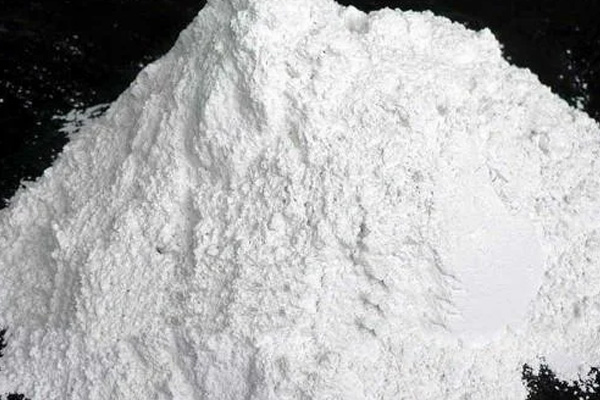

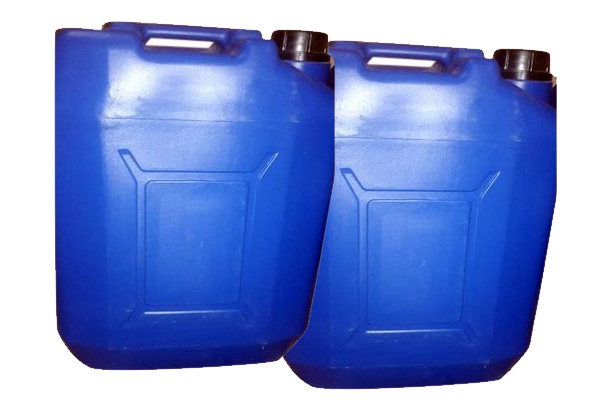
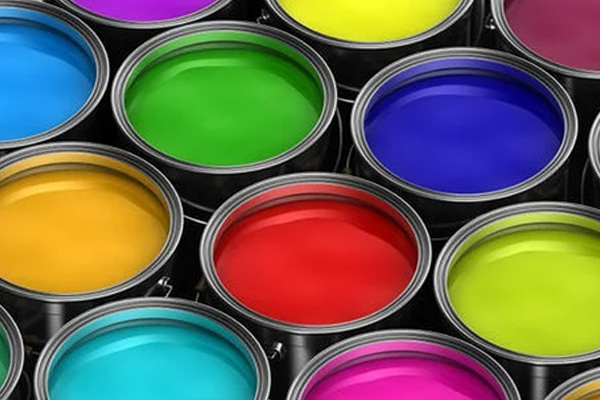
FRP Raw Materials - Key Features & Benefits
Fibers:
Types of Fibers:
Resin (Matrix):
Types of Resins:

Products Range
